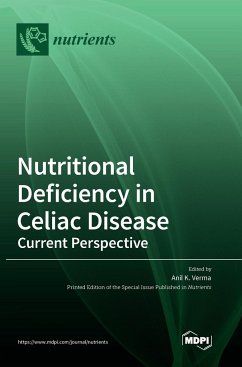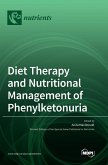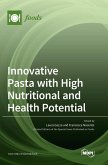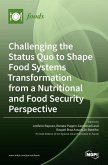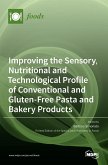Celiac disease is a T-cell mediated chronic inflammation of the small intestine that ultimately results in villous atrophy. A lifelong strict gluten-free diet, the only accepted treatment of celiac disease so far, gradually neutralizes immune responses and regenerates damaged villi. Naturally gluten-free (rice, maize, fruits, vegetables, etc.) and processed gluten-free products (commercial products) are advised as substitutes for gluten-containing food. However, in comparison to gluten-containing food, such alternatives are inadequately nutritious and cannot compensate for the necessary nutritional requirements. A complete removal of gluten from celiac patients' diet progressively alters the level of essential nutrients that eventually lead to nutrition imbalances. It has been reported that gluten-free products contain a low amount of essential micronutrients (iron, folate, and vitamin B), fiber, and a higher amount of carbohydrates and lipids compared to gluten-containing products. In recent years, nutritional complications are being reported in celiac disease patients, especially in growing children affected with celiac disease, which has become a serious health issue and requires immediate action. This book focuses on nutritional deficiencies related to celiac disease and provides updated knowledge and new prospects for nutritional deficiencies in celiac disease.
Hinweis: Dieser Artikel kann nur an eine deutsche Lieferadresse ausgeliefert werden.
Hinweis: Dieser Artikel kann nur an eine deutsche Lieferadresse ausgeliefert werden.

